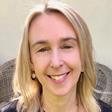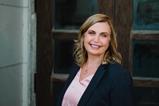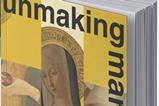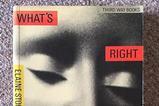Hosted by Claire Musters
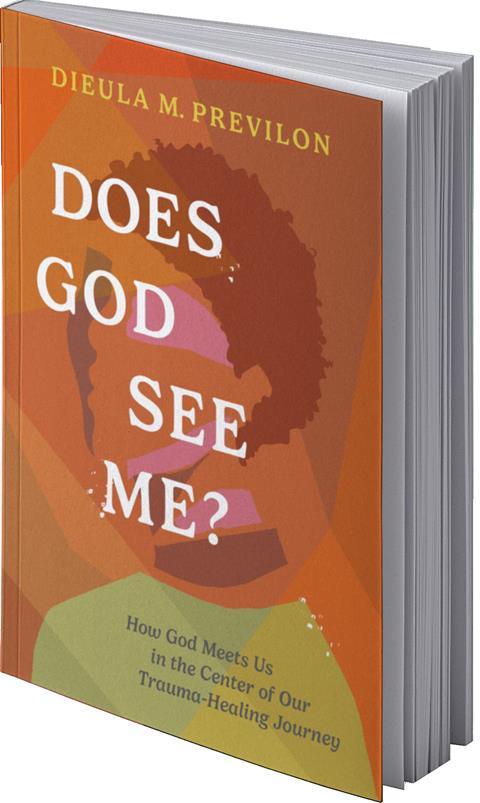
This month I’m reading…
Does God See Me?: How God meets us in the center of our trauma-healing journey
By Dieula M Previlon (NavPress, 978-1641587556)
Born in Haiti, as a child Dieula experienced separation from her parents as they immigrated to the United States and it wasn’t until a decade later that they were able to have their children join them. Dieula unpacks the pain that this caused, as well as the drive to succeed and empower others to find healing. Having attended Dallas Theological Seminary and worked as both a pastor and counsellor she has also travelled to Kenya, DR Congo, Uganda, Brazil and back to Haiti in order to provide trauma-healing training to women in their local communities – as well as reaching out to women in her local prison. She is the founder of ElevateHer International Ministries and Elevate Life Coaching, and obviously has a passion to see others set free.
The book is publicised as having a special resonance for black women and women of colour and I don’t doubt that is true. Even so, as a white woman I found much of it resonated with me personally, as well as it being a helpful and compassionate guide for how to come alongside others too.
What was the process of writing this book like?
I started to intentionally put work into the book around October of 2019 and in December of 2019 our family experienced two tragic losses, one of which was my youngest and only brother. The news of his passing shattered any dreams of writing. It took me months before feeling the need to write again. The book I have written is different from the book I had intended on writing. The grief and trauma of my brother’s passing caused me to write more vulnerably, and I wrestled more with scripture than I would’ve before. The writing process also exposed some areas of my life that are still in process. Even as an author, counselor, and minister; I’m still on my own journey of healing.
How has your own childhood informed your understanding of trauma?
To be from Haiti means to be well acquainted with trauma. Sometimes trauma begins before you’re even born. It’s often the first story you remember hearing. For me and many others from Haiti that was the case. The island of Haiti has a history of fighting for survival and though there are often seasons of peace, there’s always a backdrop of pain and suffering. That’s the welcome I had upon entering the world. Because of Haiti’s many challenges, families are often looking for ways to find life and create opportunities for their children to thrive. This quest for survival often causes families to look outside of Haiti for resources. Even the children are familiar with that quest for survival that often require many sacrifices including the separation of families. Many families and children in Haiti remain at the bottom tier of Maslow’s hierarchy of needs. There’s no time to feel and heal from the pain of trauma; the first task is to survive. My sisters and I survived because our parents sacrificed immensely to provide a better way of life for us. Sacrifice came at a cost. The pain of the sacrifice wasn’t only in the separation but also in the reuniting. We now had the difficult task of being family with people that felt like complete strangers.
You also talk about how shame became your constant travelling companion, after having an out-of-wedlock pregnancy. Could you explain the part your upbringing and your church played in that sense of shame?
Shame for me came from not meeting the expectation of my community. Everyone in my community growing up would admit that no one can be perfect. However, everyone was striving for perfection or at least publicly. Everyone was failing in some shape or form but almost everyone would present as if they were succeeding at living by the book. This hypocritical living created confusion and, as I became older, anger. I felt cheated from connecting with my community for wisdom. I felt loss as a teenager without a community that could identify with what I was going through. They hid their struggles, and I walked alone in shame. The most beautiful gift we can give to another human being is to let them know you see them, and they don’t walk alone.
Could you share a bit about what you experienced, and also what you learned, when on missions’ trips to other parts of the world to provide trauma-healing training?
My first missions’ trip was returning back to Haiti after living in the US for 22 years without ever going back. It did something to my soul that changed the trajectory of my life. On that trip, I was able to make sense of my story. I was able to fill in the gaps of my story, which was validated by being on the island. It helped me heal the little girl that was desperate for closure. That trip led me to the work I’m currently doing with women in trauma healing. When I teach the women, whether in Haiti or other countries in Africa, it brings a lot of healing to my soul; teaching and reviving a part of me that was in danger of dying. Throughout my years of teaching the women trauma, I’ve also learned from them. When I teach them, it’s not a one-way experience; it’s a communal experience where everyone in the room is valued as a learner and teacher.
What did you learn while ministering to women in prison?
I spent around three years teaching in prison. It was one of my first introductions to teaching the trauma content I now use with my organisation. The curriculum I started building during those years were what inspired this book. I knew if the content of trauma healing through Christ would apply to the women in prison, other women would find it beneficial too. Most of the women I met in prison had an early introduction to trauma. I was shocked by the prevalence of early childhood trauma among the women I served. I was also surprised by how open to change these women were. They are not like what we have in mind when we think of women in prison. These women were like little girls looking for love, kindness and acceptance.
How have you managed those times when you have been ministering to others while in the midst of your own trauma and grief?
Ministering to others while I’m on my own healing journey has been a gift that keeps me humble. It’s reminded me that we’re all on a healing journey. I’ve learned to not treat myself as if I’m above the healing journey but I’m right there with those that I serve. It’s also kept me more authentic about my journey. I manage it by continuing my journey and doing the work that I need to do to be well. I allow myself to be teachable and open to the growth process. It’s a beautiful grace-filled dance of being a wounded healer.
What do you think are some of the most common hindrances to us all progressing in our healing journeys?
Lack of awareness and unclear expectations for the healing journey. We don’t know what we don’t know. Some people think healing is linear. It is not. Some people think healing happens overnight. It does not. Some people think healing is just about you and you alone. For healing to be done well, it will require the presence of God and the community. When we become aware of what the journey of healing entails, I find we are able to breathe and surrender more easily knowing what’s on the other side is joy, peace and rest for our tired souls.
Dieula M Previlon on:
The books that have changed my life
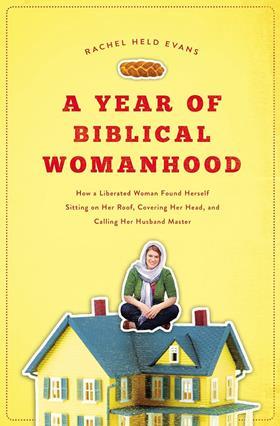
The Year of Biblical Womanhood
by Rachel Held Evans
If you’ve ever wondered what would happen if you spend a year living out certain scriptures literally, this book is for you. This book helped me dive deeper into studying the Bible contextually, taking into account the culture context, the audience and the wisdom being taught through biblical texts.
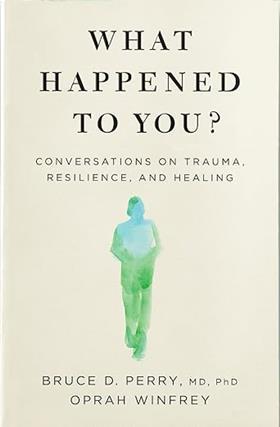
What happened to you? Conversations on trauma, resilience, and healing
by Bruce D Perry and Oprah Winfrey
The question: “What happened to you?” is one of the best questions to open up great dialogue about our past and what we’ve experienced. This book spoke to me because it’s an invitation to connect on a human level. I believe connection is what heals us.
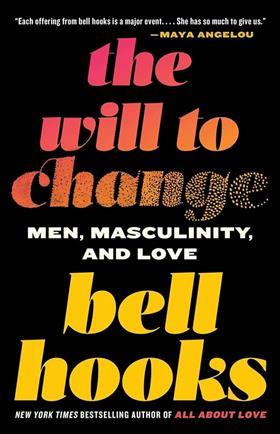
The Will to Change
by bell hooks (she prefers her name in lowercase to de-centre herself so the focus can be on her work)
As a mother of black young men, there are few books to aid in the subject of race and growing up as men in a culture that rewards and punishes for either being too much or not enough. There are often competing messages about men; they must be strong, providers, protectors and not too emotional. While at the same time, we need them to be great at relationships, listen well and know the thoughts and desires of their partners. I appreciated bell hooks calling out some of the mixed messages and challenging both society and culture to go deeper.
